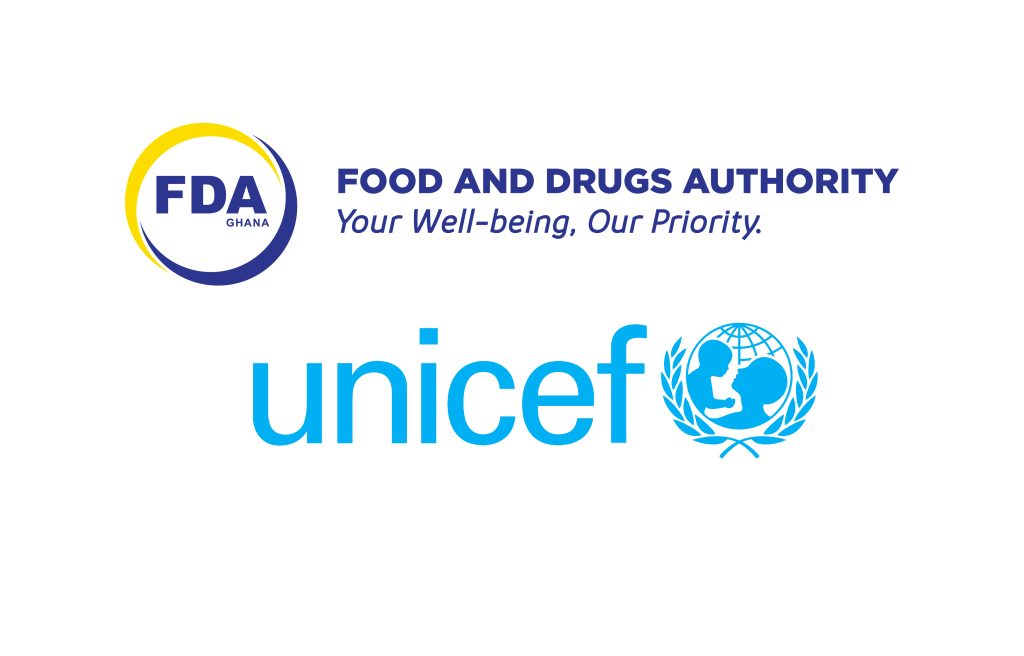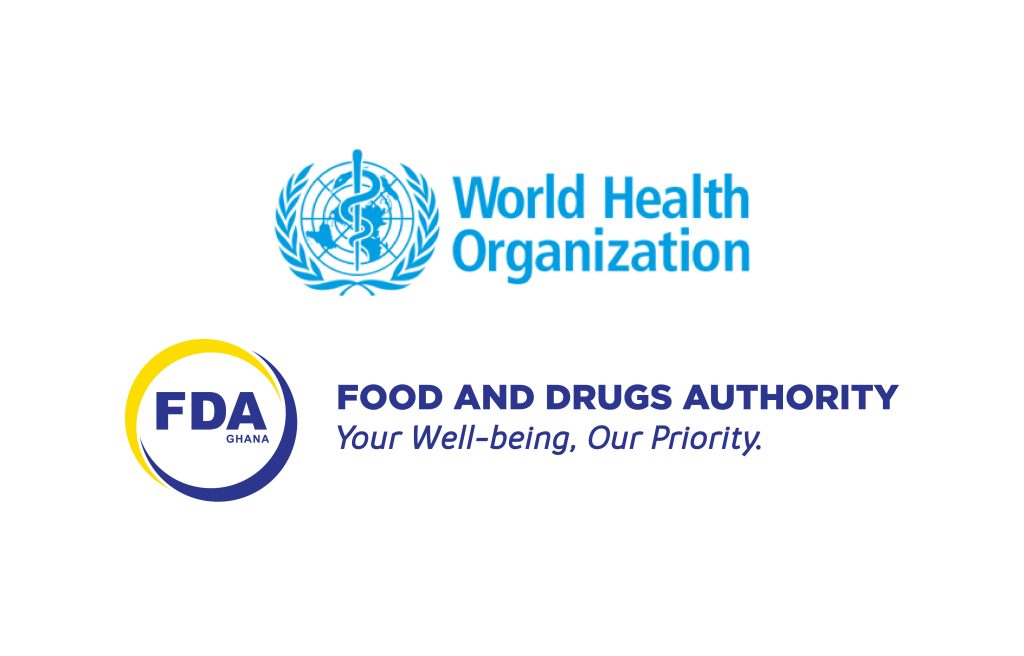P6. FOOD SAFETY
Introduction
Food- and water-borne diarrhoeal diseases are leading causes of illness and death, particularly in less developed countries. The rapid globalization of food production and trade has increased the potential likelihood of international incidents involving contaminated food. The identification of the source of an outbreak and its containment is critical for control. Risk management capacity with regard to control throughout the food chain continuum must be developed. If epidemiological analysis identifies food as the source of an event, based on a risk assessment, suitable risk management options that ensure the prevention of human cases (or further cases) need to be put in place.
Target
A functional system is in place for surveillance and response capacity of States Parties for foodborne disease and food contamination risks or events with effective communication and collaboration among the sectors responsible for food safety.
Level of capabilities
Ghana has developed a robust National Food Safety Policy (NFSP) and Emergency Response Plan (NFoSERP), aligned with international standards, ensuring strong governance and multi-sectoral coordination. Key strengths include emergency preparedness, public awareness, and stakeholder engagement. However, challenges remain in surveillance, enforcement, and resource allocation highlight areas where further investment and capacity-building are needed to ensure the system’s long-term effectiveness.
Indicators and Scores
P6.1. Surveillance of foodborne diseases and contamination– Score 3
Ghana has the capacity to integrate laboratory analysis into its IBS (Integrated Foodborne Disease Surveillance) or EBS (Event-Based Surveillance) systems to determine the etiology of foodborne diseases and identify the origin of contamination events. This includes investigating hazards in foods linked to cases, outbreaks, or events. However, further strengthening of laboratory infrastructure, data integration, and resource allocation is needed to enhance the system’s effectiveness and sustainability.
Strengths
- Integration of Foodborne Disease Surveillance into IDSR
- Food Law Regulations
- Food Control Management
Challenges
- Paper system delay data transmission
- Integrating data capturing on food safety events and transmission into SORMAS
- Lack of funds to train DSO at district and periphery level on food safety surveillance and response
- Inadequate capacity to conduct food safety risk assessment at the district level
P6.2. Response and management of food safety emergencies– Score 3
Ghana has a national food safety emergency plan (NFoSERP) and a designated INFOSAN Emergency Contact Point, ensuring a centralized coordination mechanism involving all relevant sectors. Functional arrangements are in place for implementing responses during food safety emergencies, demonstrating strong preparedness and coordination. However, further efforts are needed to enhance resource allocation, training, and public communication to ensure full operational effectiveness and sustainability.
Strengths
- Existence of National Food Safety Policy and National Food Safety Emergency Response Plan
- Active participation in INFOSAN activities
- Active participation in WOAH and SOS/WTO activities
Challenges
- Lack of efficient platform to facilitate electronic data sharing
- Inadequate capacities at district level for food safety emergency response
- Inadequate logistics for some institutions involved in the response activities
Recommended priority actions
- Validate revised FoSERP and publish abridged versions for easier reference and use.
- Conduct stakeholder workshops in the 16 regions to sensitise stakeholders on the National FoSERP and consumers on reporting foodborne illness.
- Train DSOs/DCOs and food inspectors at the district level on surveillance and response of food safety events
- Conduct one simulation exercise (on field)
- Train DSOs/DCOs and food inspectors at the district level on Food Safety Risk Assessment
Relevant documentation
- National Food Safety Policy, 2022, https://www.moh.gov.gh/wp-content/uploads/2022/07/NFSP-Document-signed-and-launched.pdf
- Guidelines for handling food poison outbreaks, https://fdaghana.gov.gh/guideline-for-handling-food-poison-outbreaks/
- Food Safety Emergency Response Plan Ghana, https://fdaghana.gov.gh/food-safety-emergency-reponse-plan-ghana-signed-copy/
- Manual for Integrated foodborne disease survey in Ghana, https://fdaghana.gov.gh/manual-for-integrated-food-borne-disease-survey-in-ghana/
- Foodborne illness reporting online forms, https://fdaghana.gov.gh/foodborne-illness-reporting-online-form/
- FoSERP/MC meeting minutes- FDA
- Training Reports – FDA (‘Report on The Implementation Of An Integrated Foodborne Disease Surveillance System And Food Safety Emergency Response Plan (FoSERP) Workshop- 2022’ and ‘Report On Training Of Trainers Workshop On Food Safety Events Surveillance And Response In, Ghana-2024’.)
- SOPs – FDA controlled document
- SOP FOR REPORTING FOODBORNE DISEASE OUTBREAKS
- Link to lab capacities



